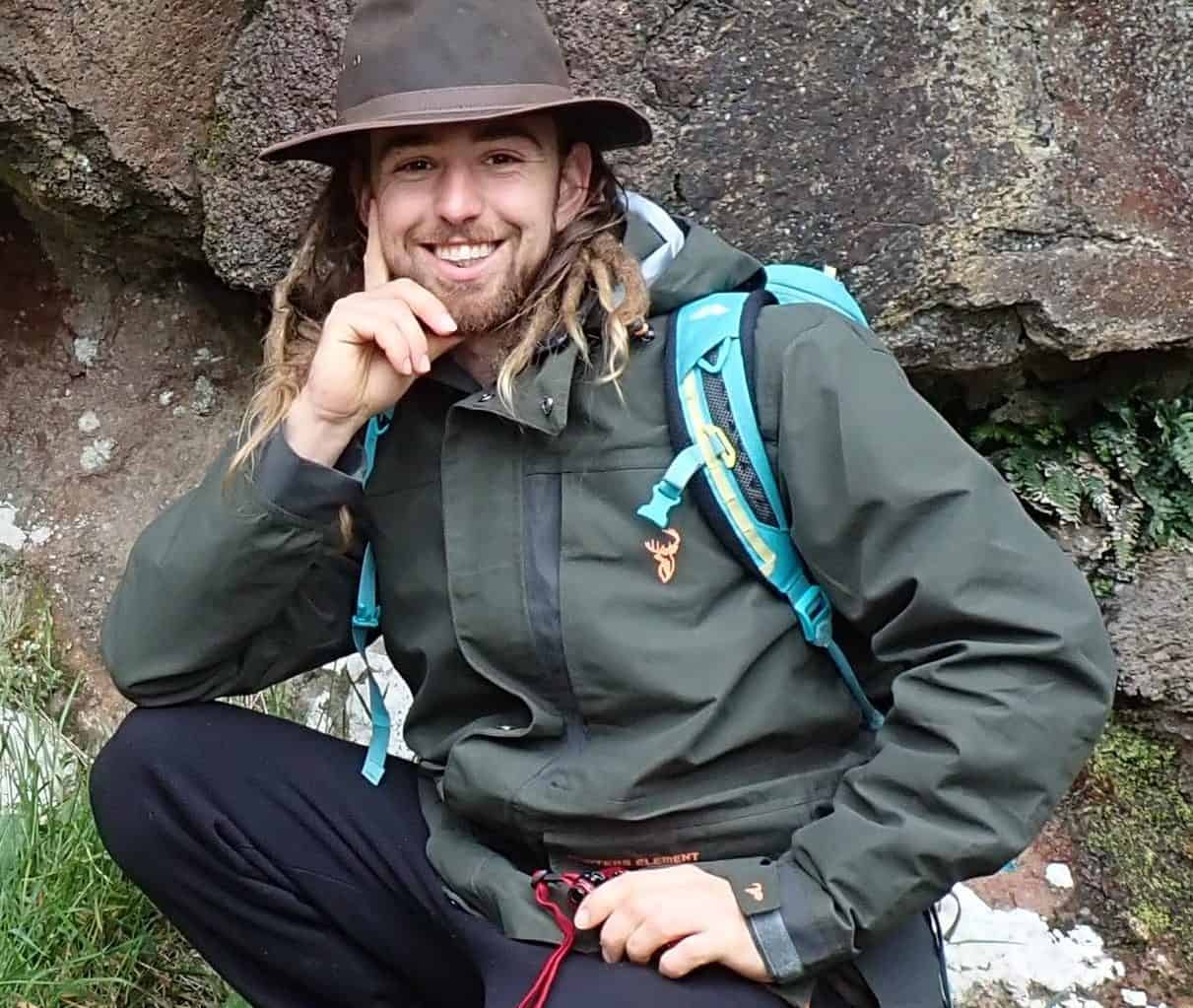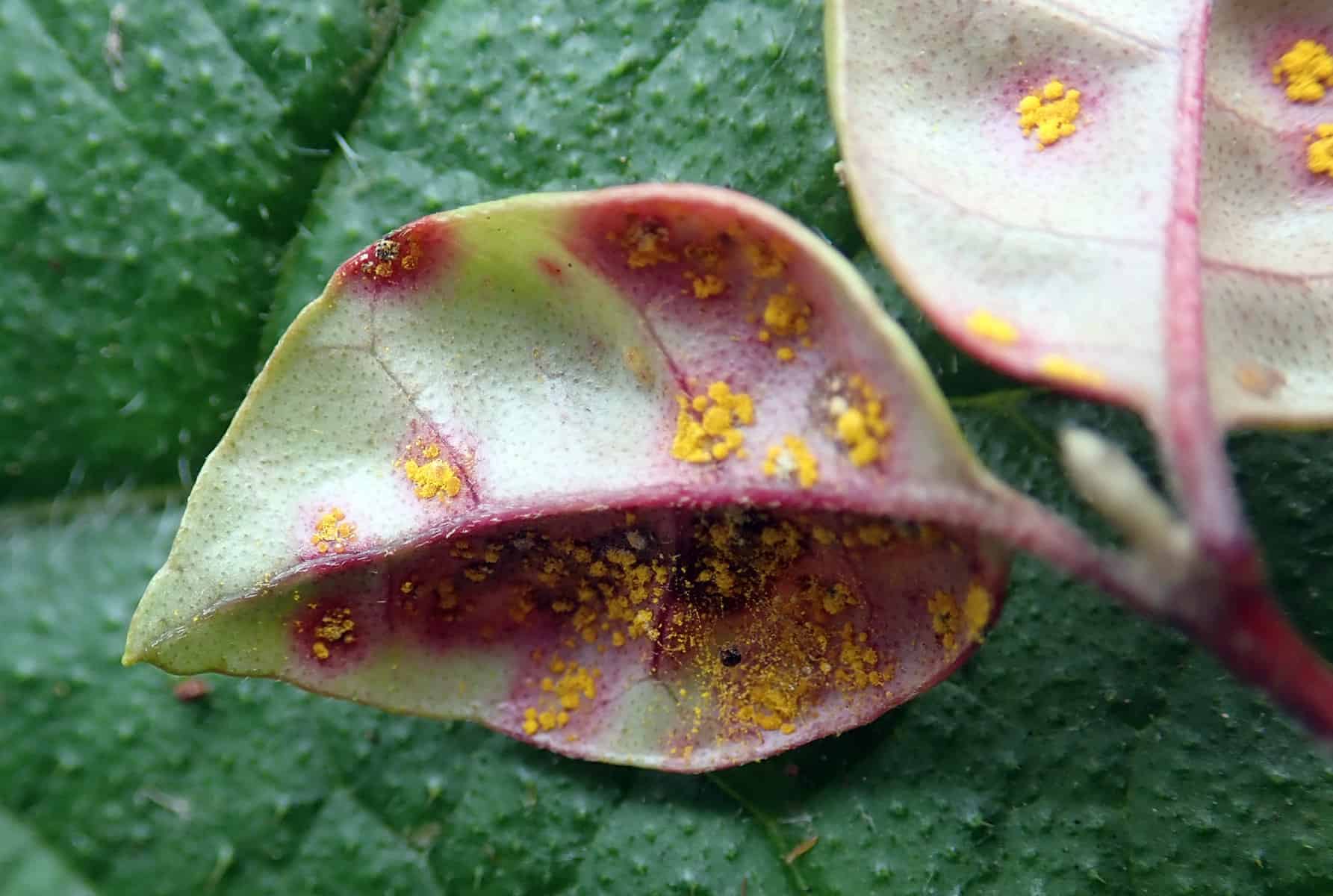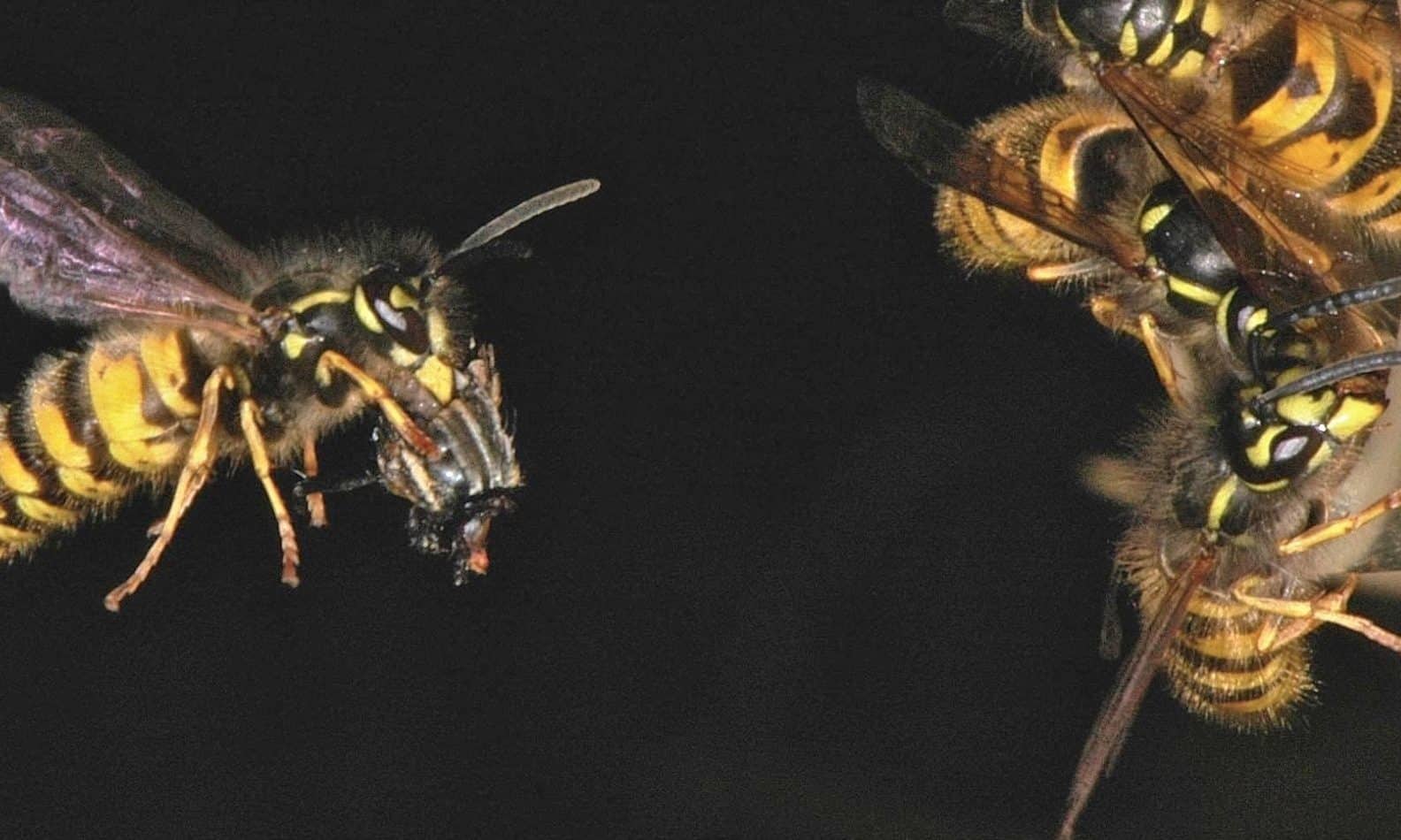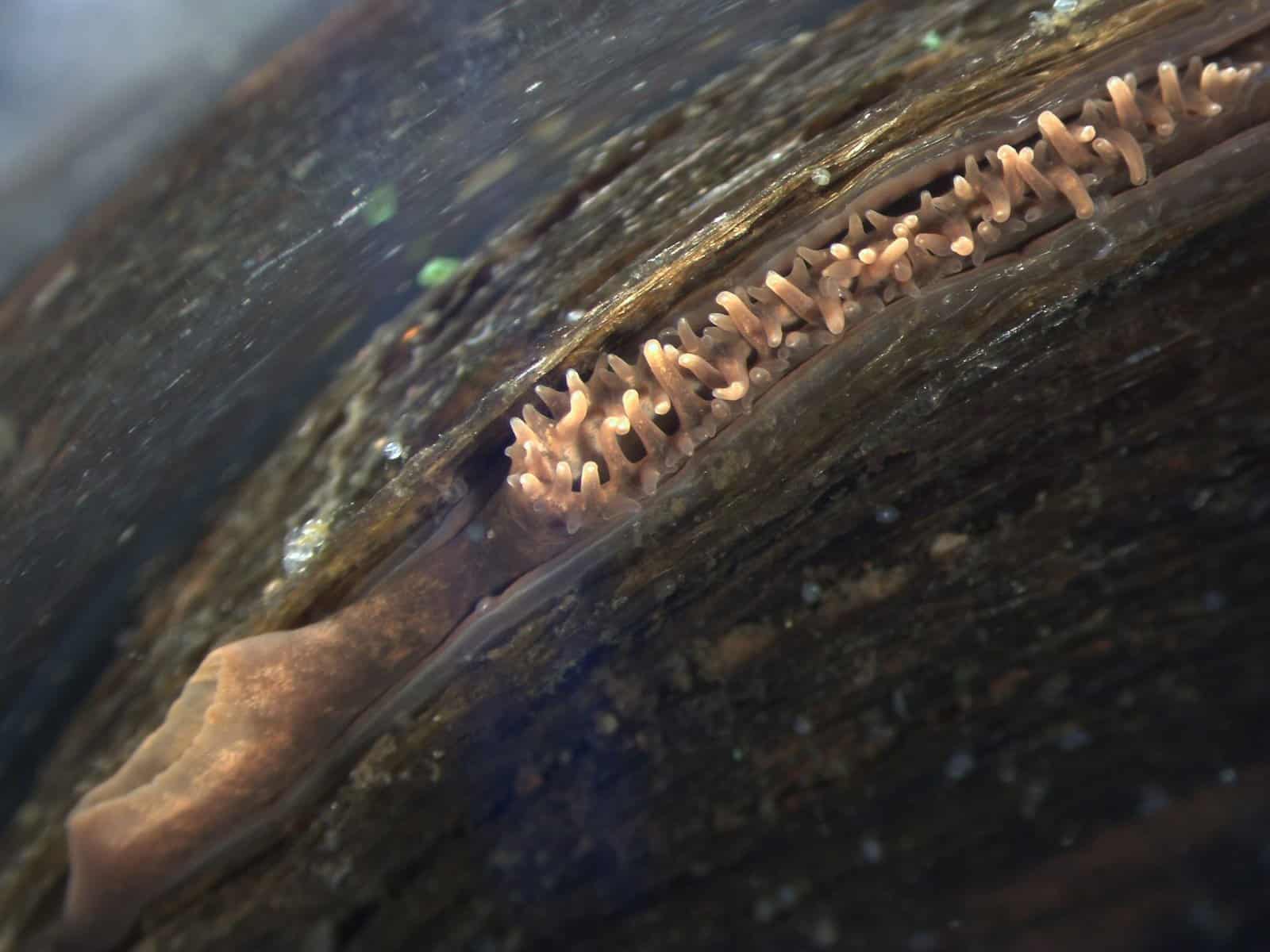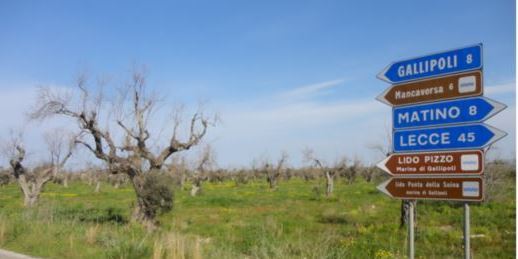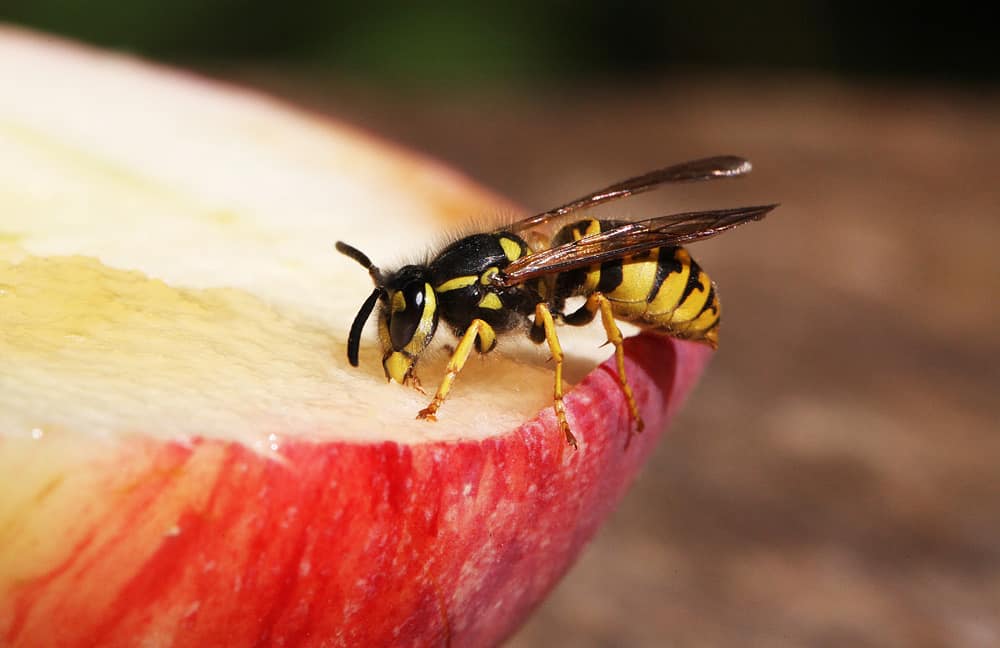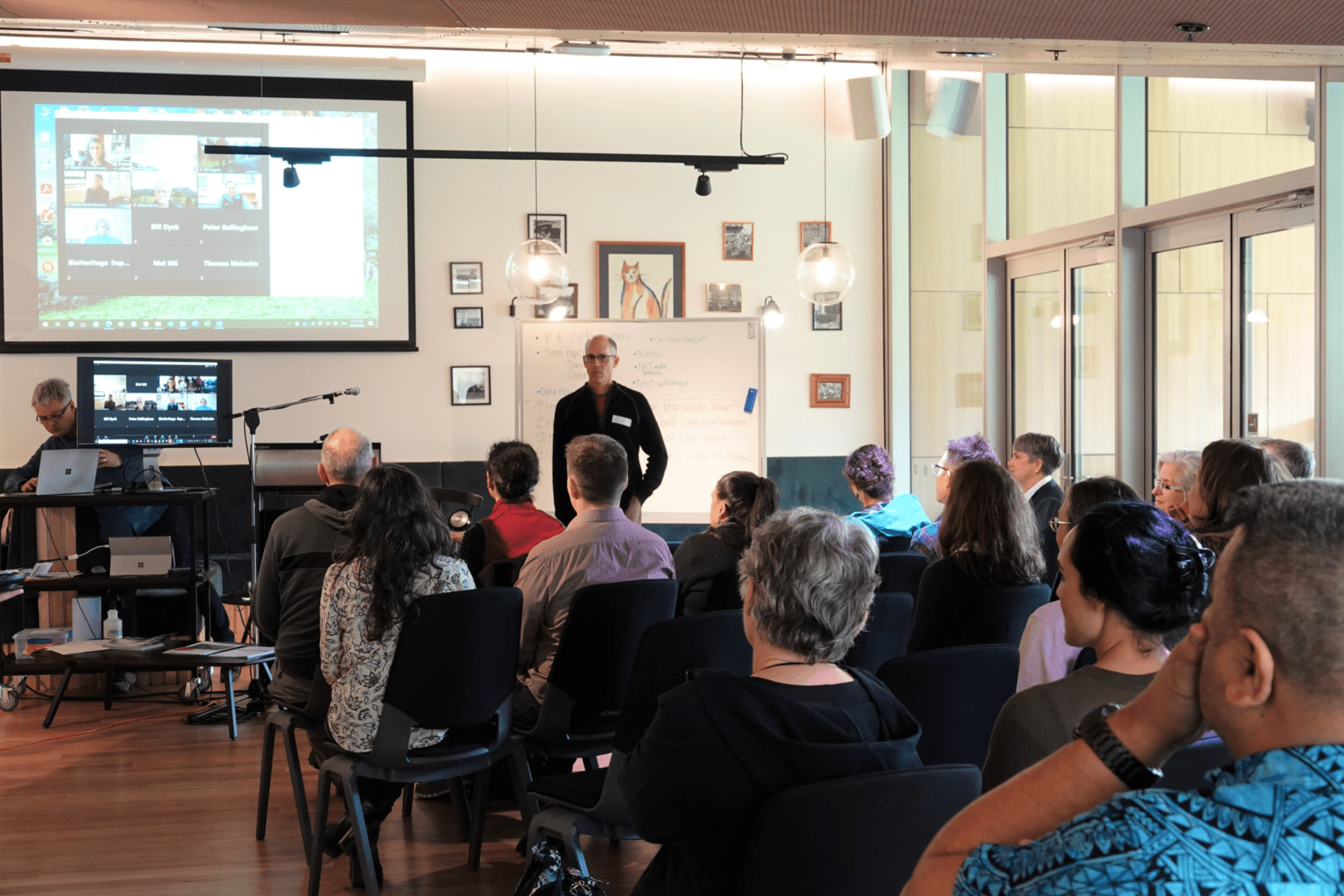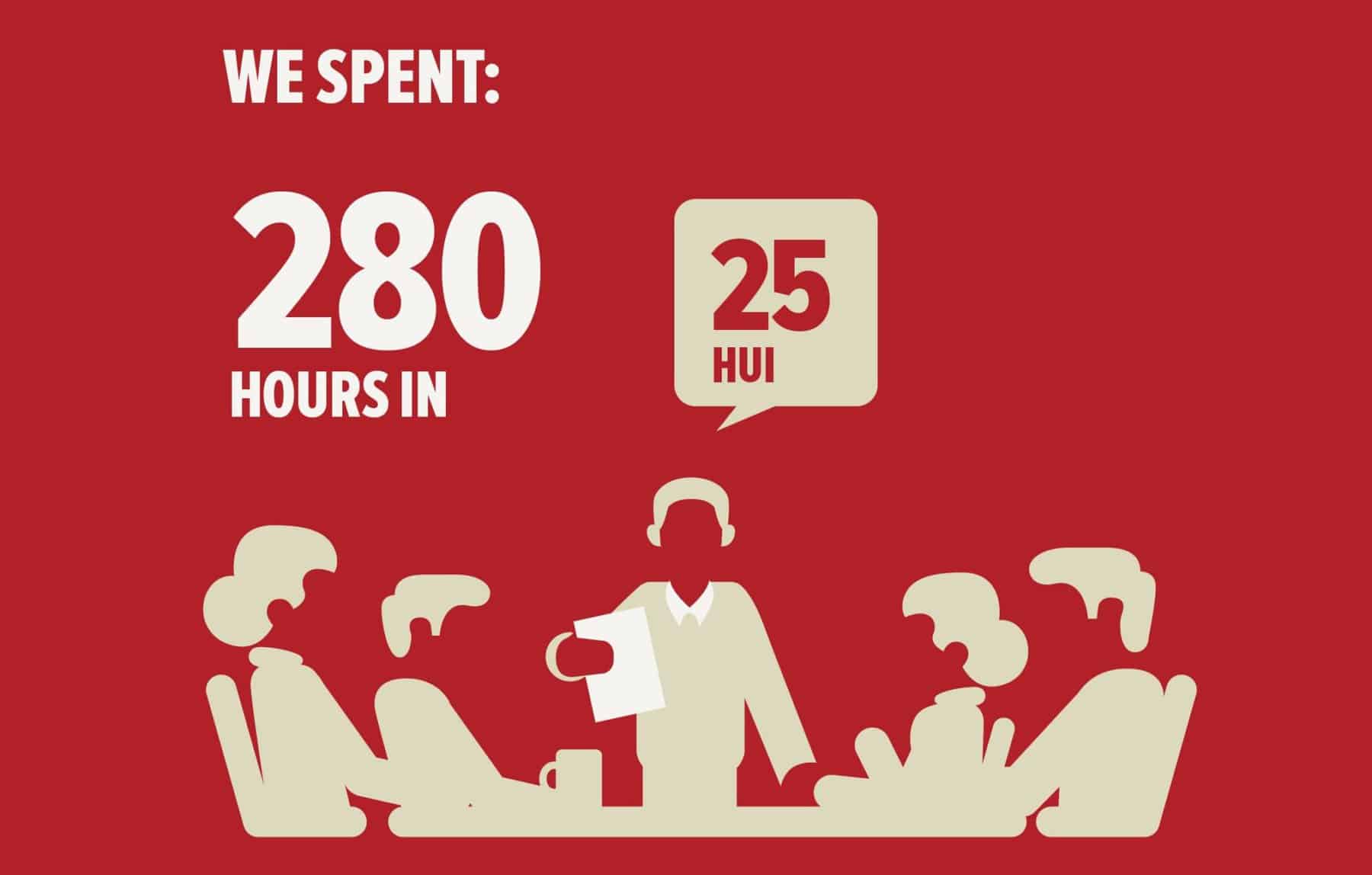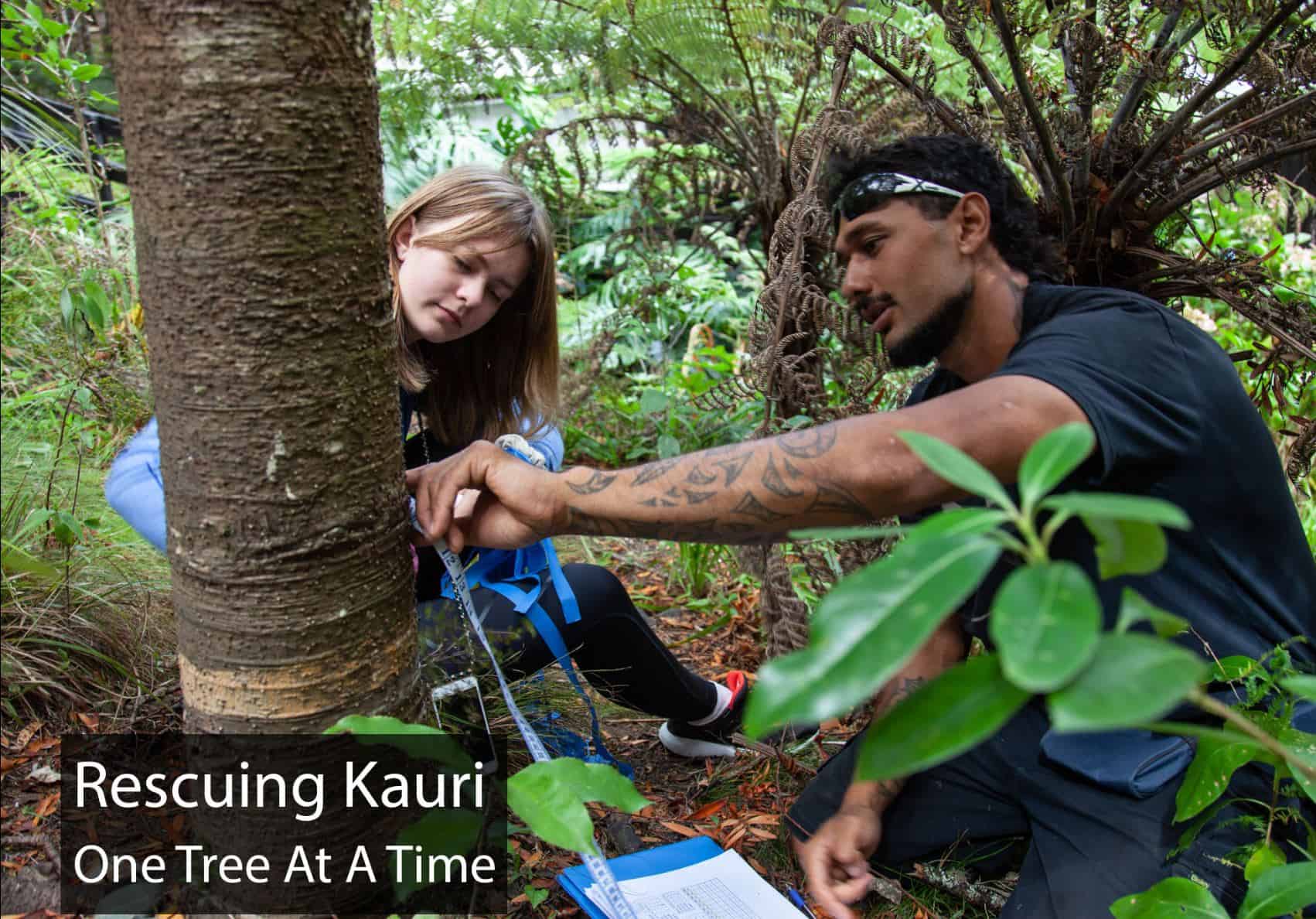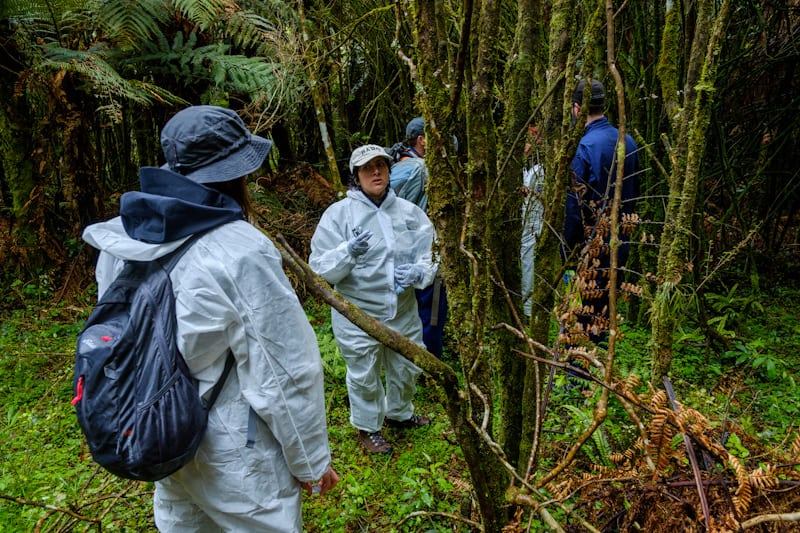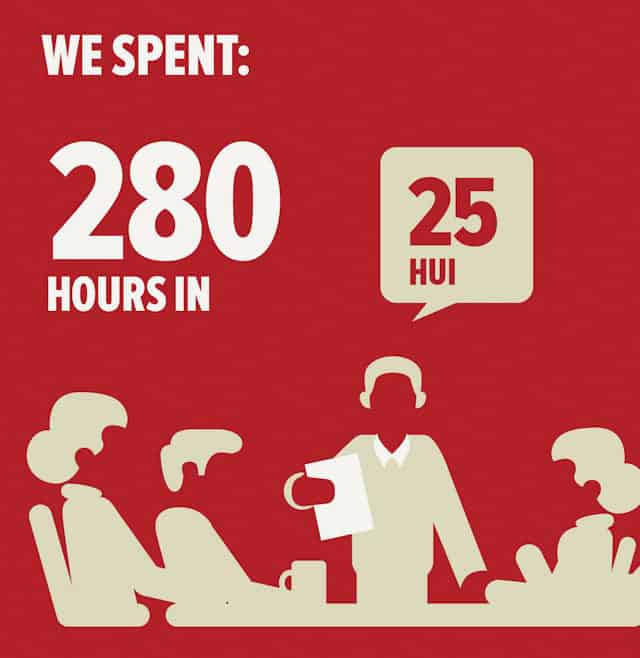Masters student Marley Ford is investigating the mycorrhizal fungi communities of ramarama (Lophomyrtus bullata), a species that has recently become threatened by myrtle rust.
Researchers predict refuges from the disease myrtle rust
A recently published paper details research into predicting refugia for myrtle species.
September newsletter – National Science Challenge
New research on pest control, updates from Better Border Biosecurity, our cross-challenge wānanga and more . . .
In response to invasive aquatic weeds, should freshwater mussels go with the flow?
PhD student Tom Moore discusses his research on the impacts of invasive aquatic weeds on kākahi (freshwater mussels).
Better Border Biosecurity (B3) research collaboration – September updates
B3 are close to finalising its new Strategic Plan, and have begun work on a five-year project looking at Xylella fastidiosa, a serious invasive pathogen currently spreading throughout the world.
Invasive wasp control: Are Māori businesses keen?
A new paper in New Genetics and Society details the perceptions of Māori businesses around using biotechnologies in pest control.
Cross-Challenge Wānanga
In September 2020, leaders of different investments came together for a cross-challenge wānanga.
The potential of CRISPR as a tool for controlling invasive wasps
Professor Phil Lester and his team of researchers have recently published a report on the potential for a CRISPR gene drive to be used as a method of pest control for invasive wasps.
August newsletter – Ngā Rākau Taketake
A new way to tell science stories, scoping process stats, Beyond Myrtle Rust updates and more . . .
A new way to tell science stories
Mobilising for Action co-lead Dr Marie McEntee has joined with colleagues from the University of Auckland and with Kauri Rescue to tell the story of this citizen science project in a new, interactive and immersive way.
Teamwork makes the dream work – even in science
Researchers are teaming up to make the most of their funding and people-power.
What it takes to shake things up
From December 2019 – December 2020 the BioHeritage team embarked on a journey to do science differently. This is what it looked like . . .
